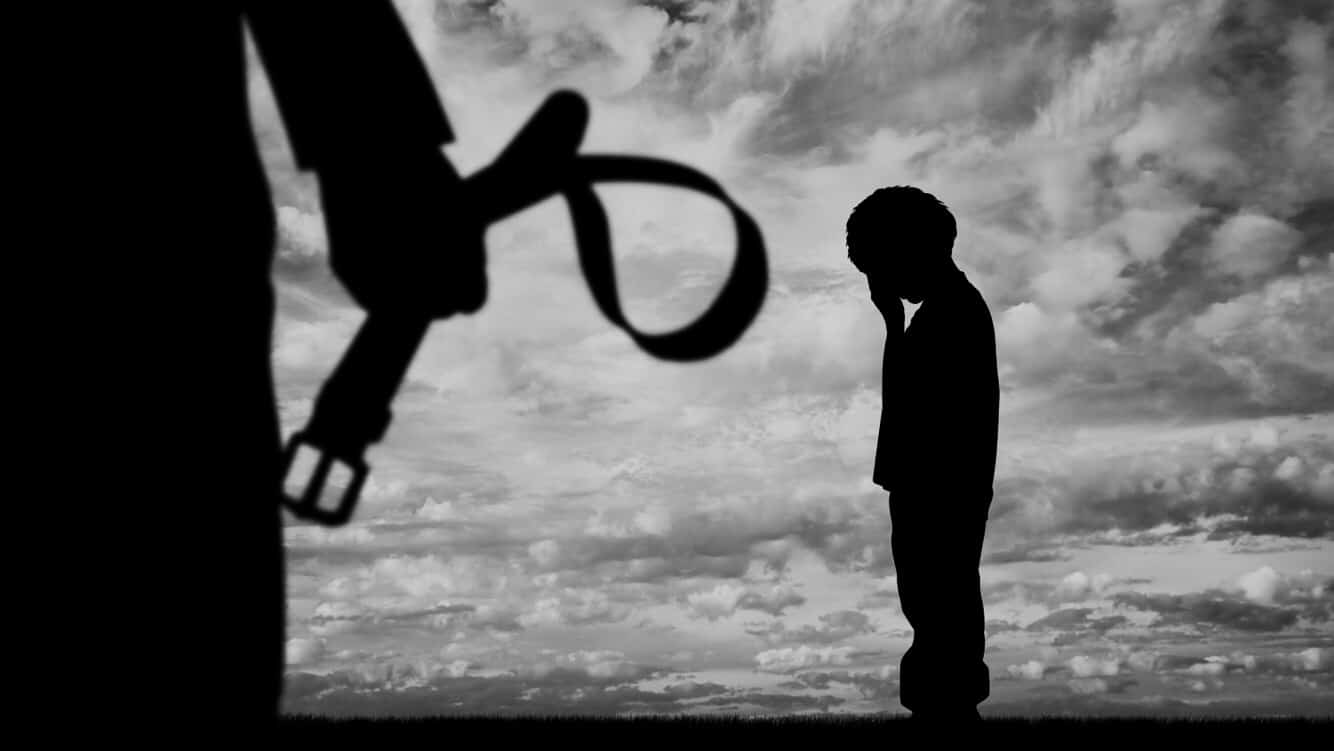Did you know that by law, parents cannot spank children in 53 countries?
Perhaps the most complete dissolution of child punishment comes from the United Nations (UN). The global organization, consisting of 193 countries, determined via the “UN Convention on the Rights of the Child” treaty that corporal punishment (read: spanking, hitting, or otherwise) violates human rights.
To date, 53 UN member states have prohibited most forms of corporal violence against children. 56 member states have pledged a commitment to full prohibition.
Those who faced the hand, stick, or belt may scoff at the notion that “all spanking is bad.”
But scientists and mental health experts may just have a point. Mainly that spanking isn’t in the long-term interest of our youngsters.
In this article, we’ll delve into the latest scientific and psychological findings about the corporal punishment of children.
The only suggested prerequisite is approaching this all-important subject with an open mind. (There is some common ground, after all!)
“Corporal punishment of children is a violation of their rights to respect for their human dignity and physical integrity. Its widespread legality breaches their right to equal protection under the law.” ~ The Global Initiative to End All Corporal Punishment of Children
Why You Should Never Spank Your Children, According to Science…

“Detrimental child outcomes.”
In an article published in the Journal of Family Psychology, researchers set out to address two persistent issues; perhaps the most important being whether the psychological impacts of spanking is comparable with those of physical abuse.
Scientists evaluated over 100 studies representing over 160,000 children to make this determination. Of the 17 standard psychological outcomes of physical abuse, spanking was observed in 13.
Elizabeth Gershoff, an associate professor of human development and family sciences at the University of Texas at Austin, states:
“We found that spanking was associated with unintended detrimental outcomes and was not associated with more immediate or long-term compliance, which are parents’ intended outcomes when they discipline their children.”
In other words, not only did spanking not affect obedience, the punishment contributed to “increased anti-social behavior, aggression, mental health problems and cognitive difficulties.”
“You can not punish out these behaviors…”
Alan Kazdin, Ph.D., and Sterling Professor of Psychology and Child Psychiatry at Yale University states: “You cannot punish out the behaviors that you do not want,” therefore, “There is no need for corporal punishment based on the research.”
Kazdin concludes his findings in a bluntly straightforward manner:
“We are not giving up an effective technique. We are saying that (spanking) is a horrible thing that does not work.”
Physical punishment, including spanking, may work in the short term. This effect is relatively simple to explain. That’s because children fear a parent hitting them. The result doesn’t last.
The reason that spanking doesn’t work long-term, according to Kazdin, is that children don’t possess a developed punishment/reward mechanism (the byproduct of a maturing brain.) Hence, the child is unable to alter behaviors following physical punishment.
Are spankers unknowingly feeding a violent streak?
A 2011 study published in Child Abuse and Neglect concludes that spanking may result in an “intergenerational cycle of violence in homes” where physical punishment occurs. In other words, parents may unknowingly create a perpetual cycle of physical violence.
Researchers involved in the study interviewed parents and children aged 3 to 7 from over 100 families. Research analysis concludes that physically punishing children are more likely to embrace physical violence to resolve conflicts with peers.
Researchers warn against the absence of “immediate negative effects of spanking.”
“A child doesn’t get spanked and then run out and rob a store,” says Dr. Gershoff. However, “there are indirect changes in how the child thinks (and feels) about things.”
A Dissenting Opinion
Popular dissent on this issue of whether or not to spank a child
Robert Larzelere, an Oklahoma State University professor specializing in parental discipline, disagrees with the premise surrounding much of the abovementioned research.
“The studies do not discriminate well between non-abusive and overly severe types of corporal punishment. You get worse outcomes from corporal punishment than from alternative disciplinary techniques only when it is used more severely or as the primary discipline tactic.”
Larzelere – and many others – are proponents of conditional spanking. That term refers to other forms of youth discipline – including the temporary restriction of privileges (e.g., play time), time-bound punishment (timeout), and effective communication between child and parent.

Final Thoughts on Whether It’s Abusive to Spank
“Proper” methods of youth discipline may never fully reach a majority consensus. Conservative estimates cite that two out of every three parents in the United States prioritize spanking as a form of discipline.
Interestingly, both sides of the spanking debate agree that spanking should not serve as the principal source of discipline.
Food for thought!

















